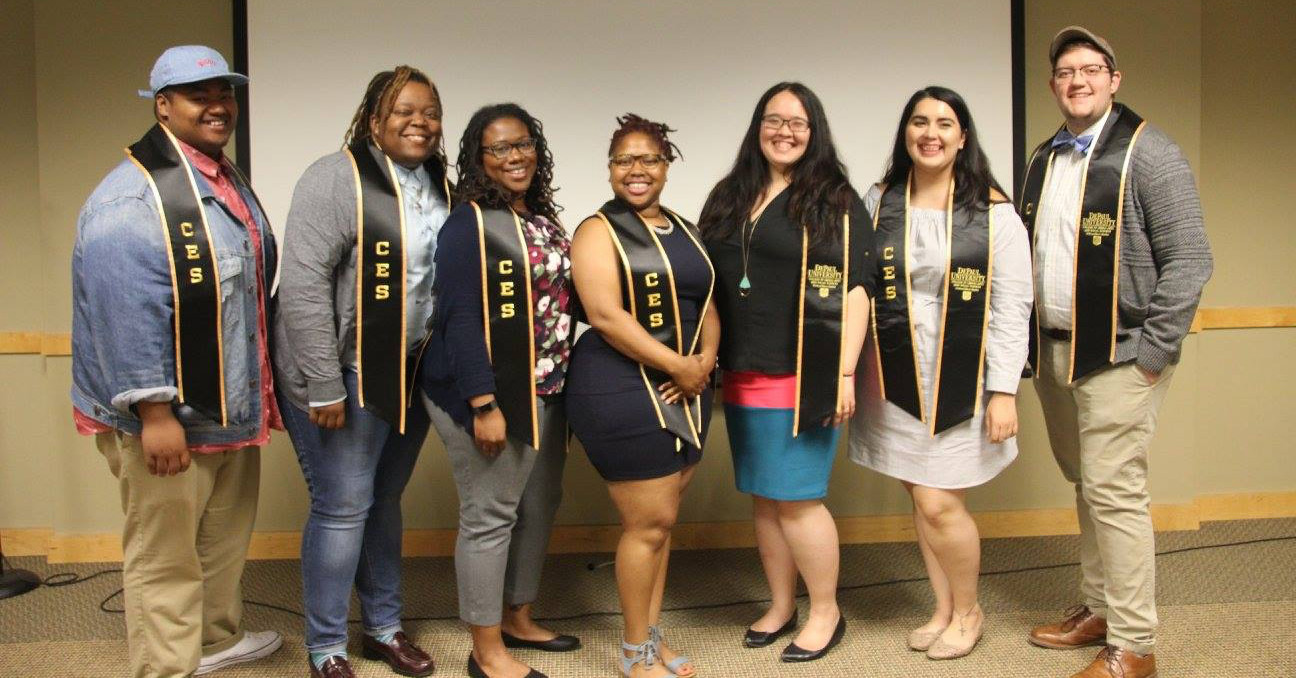The
Master of Arts in Critical Ethnic Studies examines the systematic marginalization of racial minorities in the urban United States and the global implication of these structures. Students study how racialized groups use art, culture, political organization, and other forms of social citizenship to respond to and counter these forces.
What is Critical Ethnic Studies?

Launched in the fall of 2015, the MA in Critical Ethnic Studies is the first program of its kind in the US. The program draws on DePaul’s existing strength in ethnic, gender, international, and urban studies programs and was inspired by new critical and transnational currents in ethnic studies including
Critical Mixed Race Studies and Critical Ethnic Studies. As with the
Critical Ethnic Studies Association mission, DePaul’s program is committed to developing scholarship and activism, “animated by the spirit of the decolonial, antiracist, and other global liberationist movements that enabled the creation of Ethnic Studies and which continues to inform its political and intellectual projects.”
Program Features
Cutting-edge curriculum. The program takes an interdisciplinary approach - the only one of its kind in the U.S. - in which students take courses across a number of academic departments.
Location. DePaul's Chicago location allows students to take advantage of the city's rich resources for research and collaboration with non-profit organizations, presenting opportunity to develop community engaged scholarship.
Flexible. All core courses are offered in the evening with elective courses offered in the evening, day, and online.
Career Outcomes. Our graduates leave with a broad based, highly relevant education making them competitive candidates for future careers and/or future studies in the following fields:
- graduate studies in ethnic studies and interdisciplinary fields
- higher education
- social justice advocacy
- community-based organizing
- community arts and culture organizing
- multicultural communication
- mixed race advocacy and education
- transnational communication
- international relations
- institutional diversity and diversity training
- non profit sector
- urban planning
- public policy
- politics
- government
- public health
- social work
- counseling
- law
- teaching
- journalism